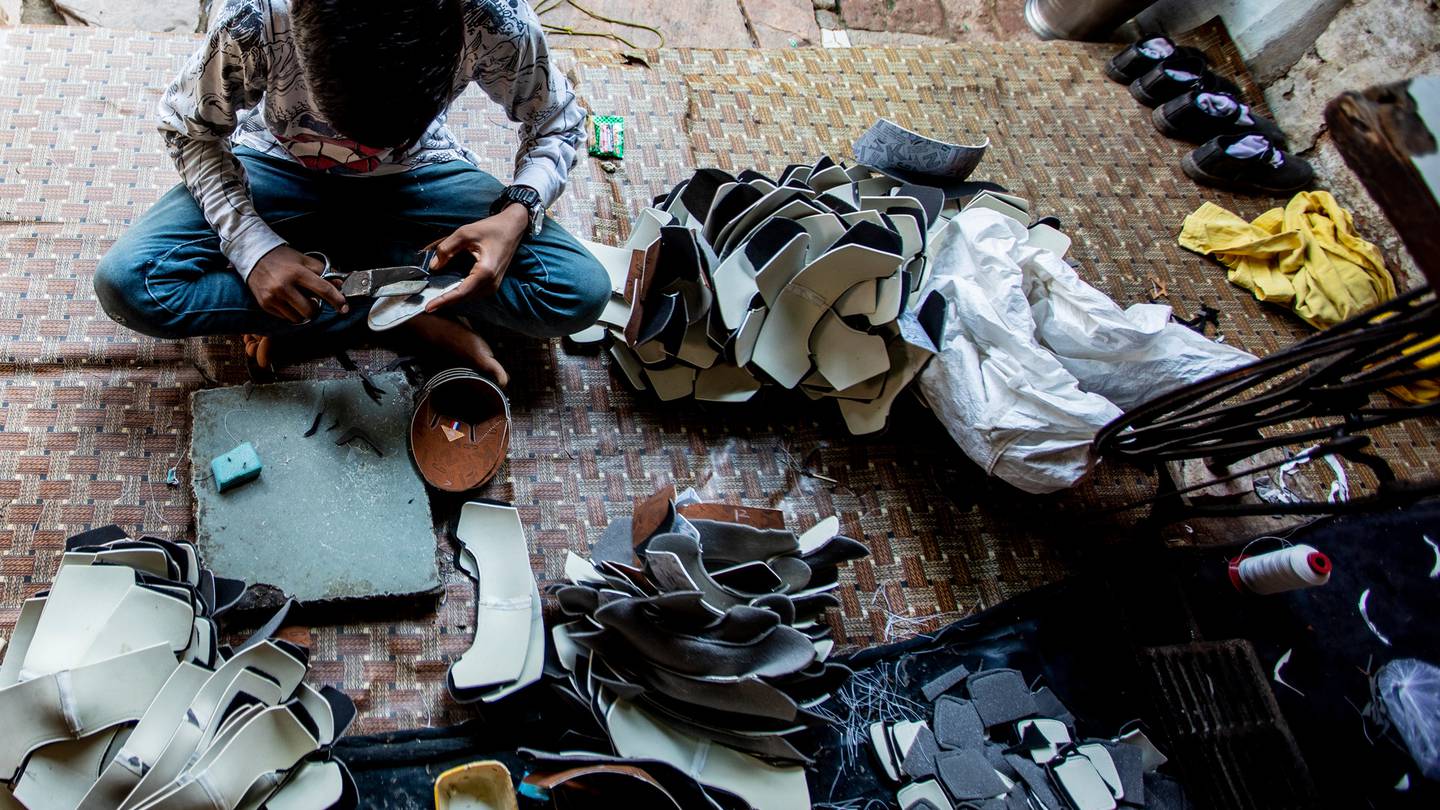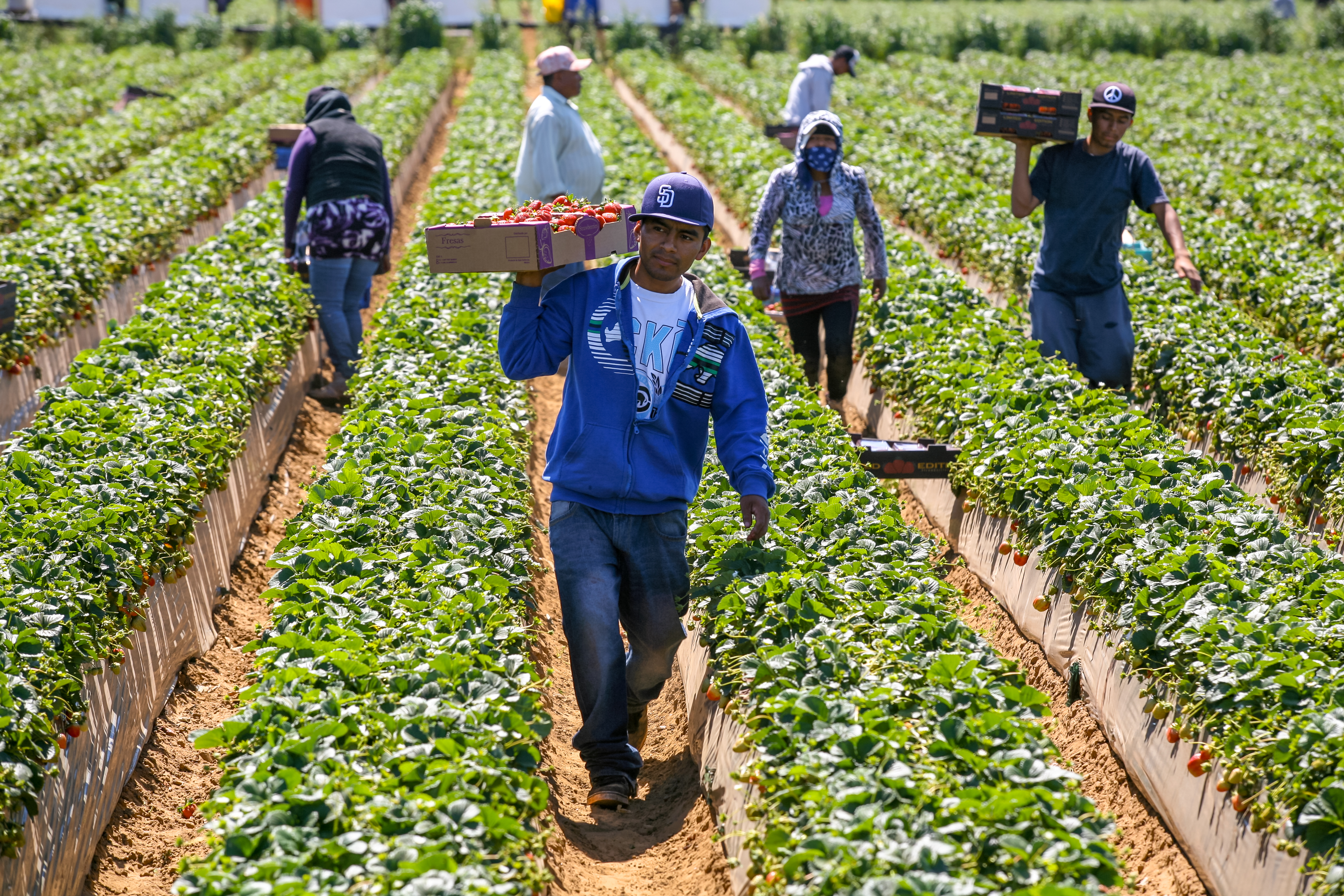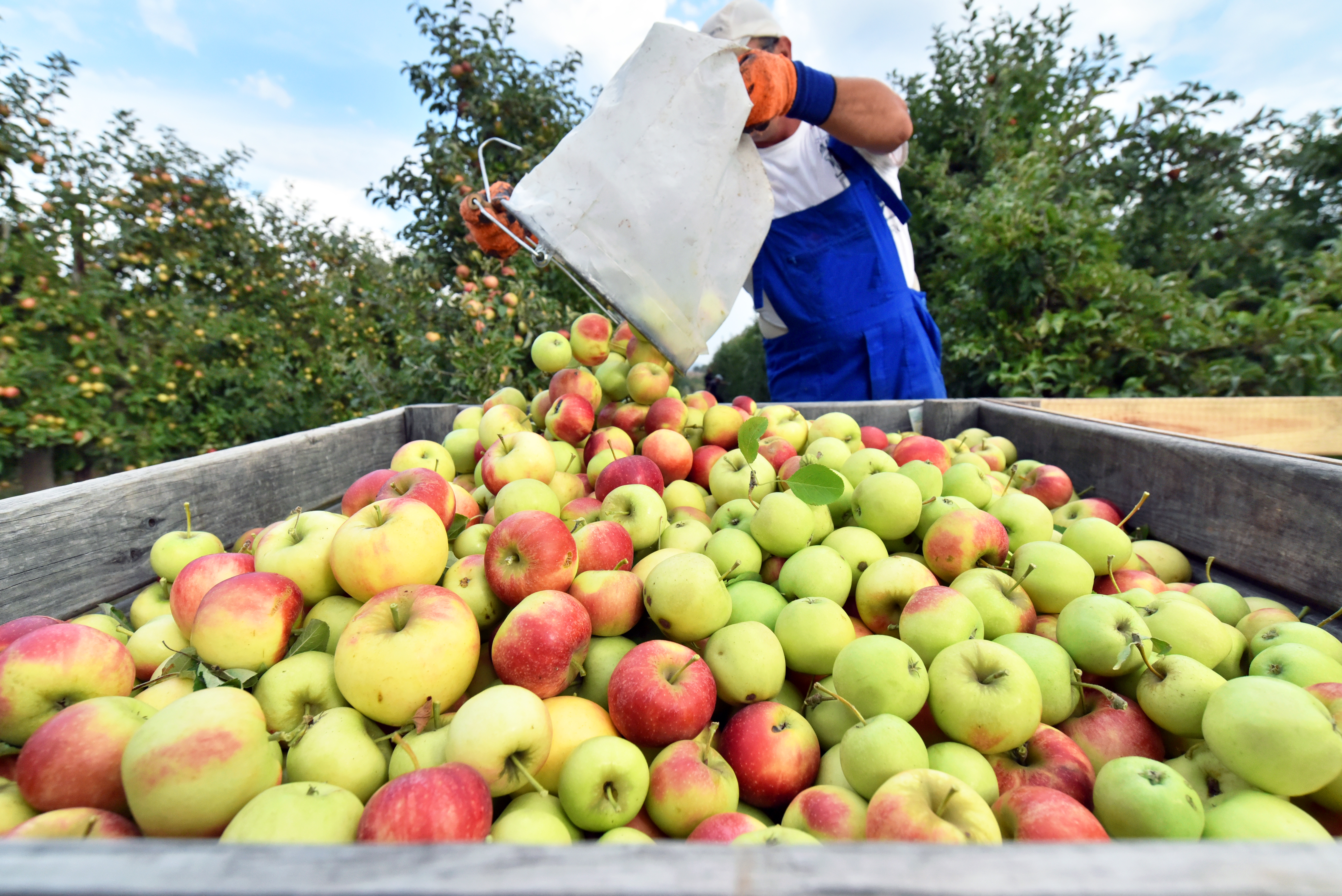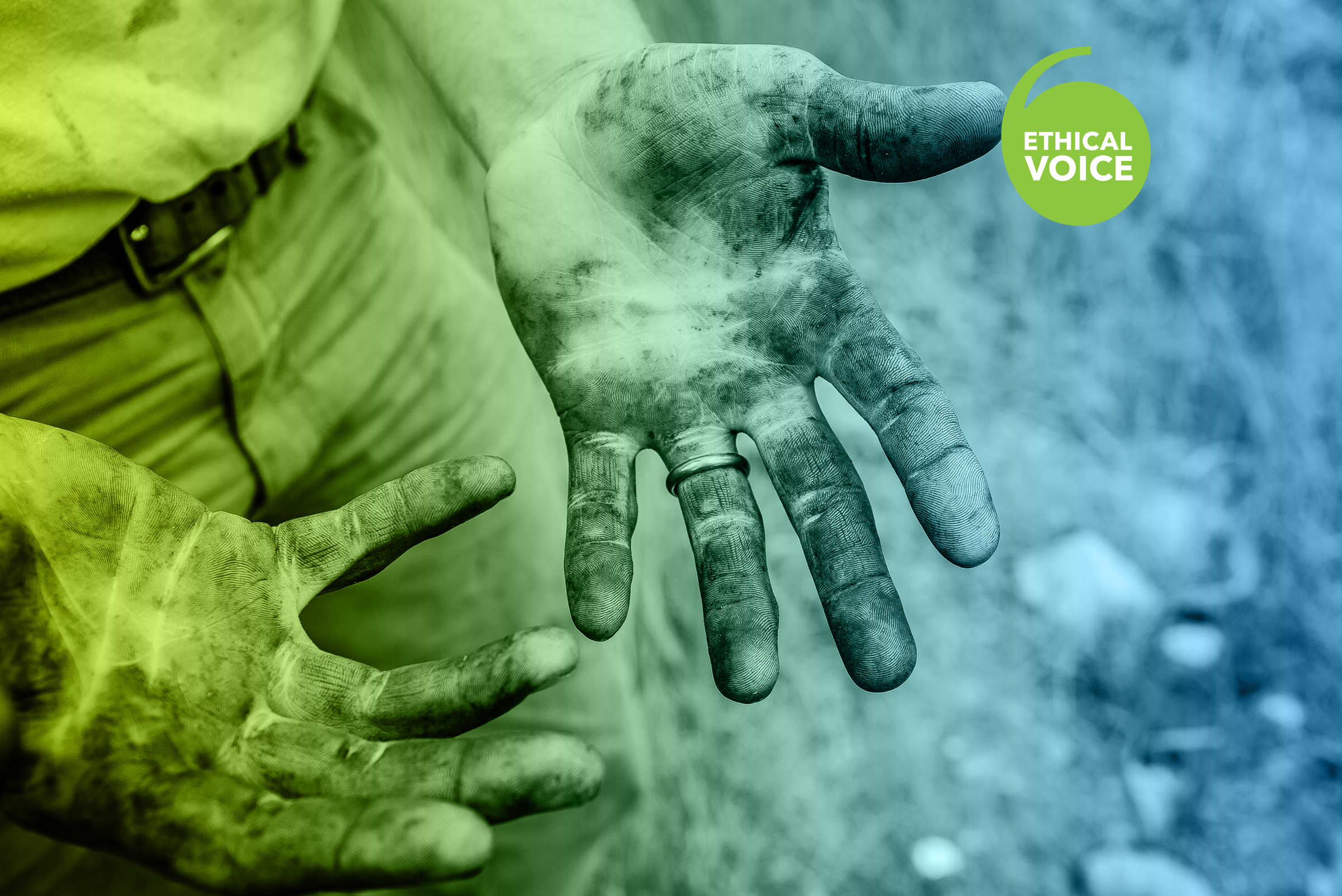Table of contents
Recommended for you

Worker voices essential for integrity of RSE scheme
AS PUBLISHED IN THE NZ HERALD 27/10/21. Photo / Mike Scott, File
Would you buy overseas hazelnuts grown and packed by exploited children? Or canned tomatoes produced by abused migrants?
No? As consumers how do we know the true methods of production of what we purchase?
A number of modern slavery cases, particularly in Europe, have hit the headlines in recent years. In 2020, Moroccan strawberry pickers who travelled to Spain for harvest were trapped there by Covid-19 border closures and found to be living in squalid conditions and working extreme hours. Some were pregnant and pressured to work right up until the day they gave birth.
Other migrant workers – from Romania, Poland and Bulgaria – exist year-round in shanty towns close to the strawberry fields. There are no toilets, running water, or proper ventilation.
Hazelnut farms in Turkey have been investigated for employing and exploiting children, and in the Italian tomato industry, thousands of primarily African workers have endured major corruption – fake employment contracts, sleeping in crowded conditions where illness quickly spreads, racially motivated violence and being paid unfairly, if they are paid at all.
We are not immune in New Zealand. There are multiple examples here of migrant workers across a variety of industries – hospitality and horticulture for example – forced to work unreasonable hours, being denied toilet breaks, having their passports confiscated and living cheek by jowl in substandard workers' accommodation.
Some have been victims of bullying, intimidation, and serious physical and sexual abuse. New Zealand is one of a growing number of countries considering introducing modern slavery legislation. In the UK and Australia, this legislation has already been enacted, which means our larger companies currently doing business there are required to report what they are doing to identify risks of modern slavery in their supply chains.
Social practice audits typically look at several areas such as health and safety, labour rights and working conditions. Social practice audits are a beginning, but there are issues with the process.
An external auditor conducts a visual inspection of the suppliers' factory, reviews documentation, and conducts interviews with managers and workers to report on compliance with the standard or initiative.
There are multiple examples here of migrant workers across a variety of industries – hospitality and horticulture for example – forced to work unreasonable hours, being denied toilet breaks, having their passports confiscated and living cheek by jowl in substandard workers' accommodation.
Audits are announced in advance, which is problematic as this provides ample time for suppliers to ensure that everything seems in order on the day of the audit. Also, these interviews occur at the workplace, an environment controlled by the employer. Further, only a small sample of interviews are conducted with workers, and those workers are made available by the employer, which may not provide an accurate picture.
A common complaint from suppliers is that social practice audits provide little or no benefit and are a check-box exercise. Suppliers also frequently complain of audit fatigue as many of them are subjected to several audits from various customers looking at the same areas.
A better system is needed – one that is worker-centred rather than supplier-led. A system that exists to capture the voices of all workers and isn't open to influence.
If supply chain auditing worked and was universally practised there would be no need for further intervention to ensure labour rights were upheld. But it does not. Legislation must be enacted that requires companies to report on the integrity of their supply chains and imposes responsibilities to effect remedy where problems are discovered. This responsibility must be proportionate to a company's influence over any violations. Only then can we begin to truly eliminate modern slavery.
As published in the NZ Herald 27/10/21 https://www.nzherald.co.nz/nz/opinion-social-practice-audits-will-not-prevent-worker-exploitation/6UW7KLCFLAQQPBYT72R75NALTY/
Gain transparency throughout your supply chain
Download the AskYourTeam Ethical Voice Tool brochure and learn how you can gain true transparency through your supply chain on how vulnerable workers are treated, and identify issues to improve productivity and wellbeing of these individuals.











